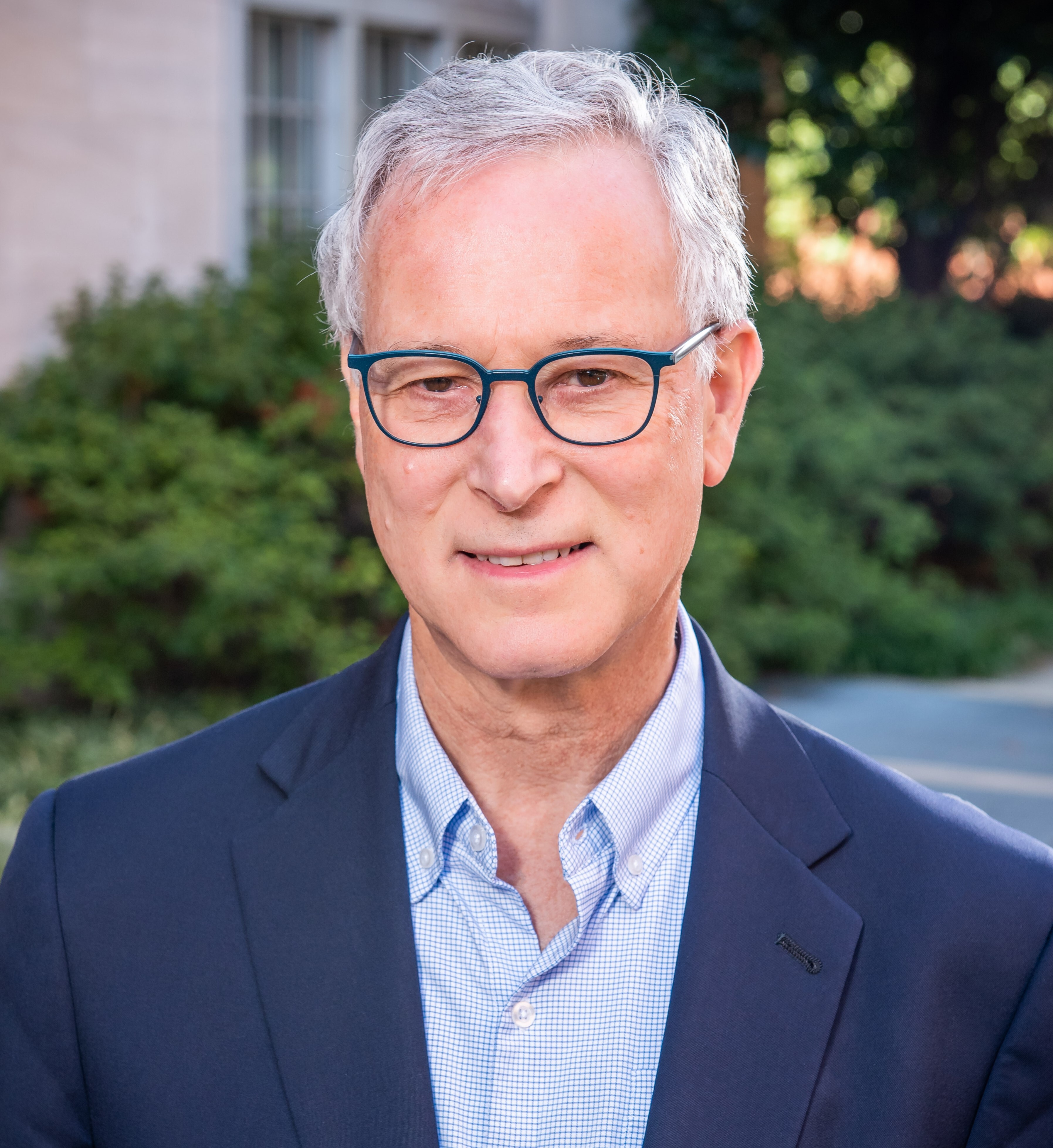
Targeted long-read sequencing of the Ewing sarcoma 6p25.1 susceptibility locus identifies germline-somatic interactions with EWSR1-FLI1 binding
-
Register
- Regular Member - Free!
- Early Career Member - Free!
- Resident/Clinical Fellow Member - Free!
- Postdoctoral Fellow Member - Free!
- Graduate Student Member - Free!
- Undergraduate Student Member - Free!
- Emeritus Member - Free!
- Life Member - Free!
- Nonmember - $20
- Trainee Member - Free!
Olivia Lee, BS, and Mitchell Machiela, ScD, MPH, will discuss their long-read sequencing investigation of the 6p25.1 Ewing sarcoma susceptibility locus. Their investigation identified that longer variants in a GGAA microsatellite are associated with increased Ewing sarcoma risk by promoting EWSR1-FLI1 binding and altering transcription of nearby RREB1.
Overview of Presentation
• Germline variation at 6p25.1 leads to increased Ewing sarcoma susceptibility
• The 6p25.1 susceptibility locus includes a GGAA microsatellite that is bound by EWSR1-FLI1, a frequent translocation occurring in Ewing sarcoma cases
• Longer alleles of the GGAA microsatellite generally promote better EWSR1-FLI1 binding and were associated with increased Ewing sarcoma risk.
• Functional investigation of the GGAA microsatellite implicate de novo enhancer activity that alters RREB1 expression.

Olivia Lee, BS
Predoctoral Fellow in the Integrative Tumor Epidemiology Branch, Division of Cancer Epidemiology and Genetics
National Cancer Institute
Ms. Olivia Lee, B.S., is an NIH Graduate Partnership Program (GPP) fellow at the NCI Division of Cancer Epidemiology and Genetics and is currently completing her doctoral degree in quantitative sciences and cancer biology at the University of Texas MD Anderson Cancer Center. Her doctoral research focuses on investigating the interaction between somatic mutations and germline variants in Ewing Sarcoma and profiling the genomic landscape of thyroid cancer metastasis following the Chornobyl accident and 22q loss in papillary thyroid carcinoma.

Mitchell Machiela, ScD, MPH
Earl Stadtman Investigator in the Integrative Tumor Epidemiology Branch, Division of Cancer Epidemiology and Genetics
National Cancer Institute
Dr. Mitchell Machiela received his M.P.H. in epidemiology from the University of Michigan and his Sc.D. in epidemiology from the Harvard T.H. Chan School of Public Health. In 2017, Dr. Machiela was appointed as Earl Stadtman Investigator in the Integrative Tumor Epidemiology Branch. His research program is focused on understanding the role of inherited variation and acquired mutations in cancer risk. His large-scale investigations of mosaic chromosomal alterations have led to improved knowledge of the risk factors and outcomes associated with this type of clonal hematopoiesis. He also conducts genetic association studies to uncover the underlying genetic architecture of cancer (e.g., Ewing sarcoma). Dr. Machiela has received numerous awards and honors for his research, including being selected as a Forbeck Scholar and receiving an NCI Directors Award and Outstanding Mentor Award.

Bruce Korf, MD, PhD (Moderator)
Editor-in-Chief
American Journal of Human Genetics
Chief Genomics Officer, UAB Medicine
Wayne H. and Sara Crews Finley Endowed Chair in Medical Genetics UAB